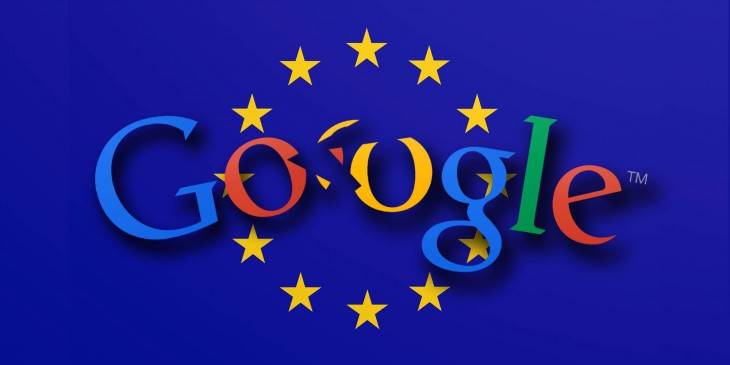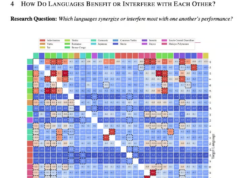A French order to apply the “right to be forgotten” to Google searches not just across European domains but globally would risk “serious chilling effects on the Web,” according to the Internet search giant. Rather than comply, Google is asking the French agency that issued the order to withdraw it.
France’s Commission nationale de l’informatique et des libertés, or CNIL, issued the global delisting order to Google in June, giving the company 15 days to respond. However, the company “respectfully disagree(s) with the CNIL’s assertion of global authority on this issue,” Google’s global privacy counsel Peter Fleischer said in post on the Google Europe blog yesterday.
A spokesperson for the CNIL told us today that the agency has received Google’s request for withdrawal, and will respond within the required period of two months. If it denies Google’s request, the CNIL reserves the right to impose fines on the search provider, the spokesperson added.
Order: Delist Across All Extensions
Since a 2014 ruling on the “right to be forgotten” by Europe’s Court of Justice, citizens in the European Union can ask search engines to remove links to personal information about them that is “inaccurate, inadequate, irrelevant or excessive.” Google has agreed to remove links in 41.3 percent of the requests that Europeans have since submitted, according to the search giant’s latest transparency report.
In June, the CNIL — the designated data protection authority in France — issued an order to Google that any so-called “delisting” requests granted should apply to searches across the entire Web, rather than to searches on local European sites such as google.fr or google.uk.
“[T]he CNIL considers that in order to be effective, delisting must be carried out on all extensions of the search engine and that the service provided by Google search constitutes a single processing,” the agency said in June.
Google’s lawyers, however, have responded that such a request is not warranted globally and could raise numerous concerns because different countries have different rules on acceptable and unacceptable content.
Global Delisting ‘A Race to the Bottom’
“While the right to be forgotten may now be the law in Europe, it is not the law globally,” Fleischer said on the Google Europe blog. “Moreover, there are innumerable examples around the world where content that is declared illegal under the laws of one country, would be deemed legal in others.”
In Thailand, for example, some comments criticizing the king are illegal, while Russia has recently outlawed some speech considered to be “gay propaganda.”
“If the CNIL’s proposed approach were to be embraced as the standard for Internet regulation, we would find ourselves in a race to the bottom,” Fleischer noted. “In the end, the Internet would only be as free as the world’s least free place.”
However, requests for the “right to be forgotten” are not censorship, according to John Simpson, privacy project director at the U.S.-based advocacy group Consumer Watchdog. Such requests don’t ask that actual content be removed from the Web, they seek only to remove search engine links to that content, he said. “I don’t think that that threatens any sort of free speech,” Simpson said.
French Fines a Possibility
Earlier this month, Consumer Watchdog asked the Federal Trade Commission (FTC) to “investigate and act” on Google’s failure to extend the delisting option to citizens in the U.S. on the grounds that it violates U.S. law on unfair and deceptive trade practices. Simpson said his organization received a formal response from the FTC today. He also issued a response to an Association of National Advertisers (ANA) letter asking the FTC to dismiss Consumer Watchdog’s request.
According to the ANA, the terms used to determine what links qualify for delisting are “extraordinarily broad, vague and elusive and would create dangerous precedents adversely impacting numerous other U.S. companies in addition to Google.”
Consumer Watchdog responded that it is not asking for government control over what search engines show, but only that Google and other search providers consider delisting requests to preserve individual rights to privacy.
In early 2014, the CNIL issued a fine of €150,000 (about $ 164,759) to Google for privacy policy changes that the agency deemed were in violation of the French Data Protection Act. A CNIL spokesperson said today that it could issue similar fines if it determines Google’s request to dismiss its June order is not warranted.





![[Infographic] Manage Commercial Displays With Ease Across](https://loginby.com/itnews/wp-content/uploads/2026/02/1770220527_Infographic-Manage-Commercial-Displays-With-Ease-Across-100x75.jpg)
